Louis Malle was a French director renowned for his willingness to explore controversial themes and push boundaries. His diverse filmography ranged from intense dramas to comedic romps, with films like Au Revoir les Enfants and My Dinner with Andre standing as testimony to his talent and versatility. Malle’s ability to infuse his narratives with profound emotional depth and his distinct visual style has earned him a distinguished place in international cinema.
Malle’s journey into cinema was fueled by a passion for exploration, which found expression in his early work as a co-director of Jacques Cousteau’s underwater documentary The Silent World. This drive to investigate the human condition became a hallmark of his filmmaking. A recurring motif across Malle’s work is his fascination with moral complexity and the darker corners of human experience. For instance, in Au Revoir les Enfants, he presents a poignant examination of innocence, guilt, and loss during the Holocaust, deftly handling these delicate themes with sensitivity and nuance.
Visually, Malle’s films display a fluid style that varies to suit the narrative. Whether it’s the stark, documentary-like realism of Lacombe, Lucien or the use of long, uninterrupted shots in My Dinner with Andre to capture the ebb and flow of conversation, his approach to cinematography was always in service of the story. He was also known for his detailed attention to characters, often eliciting deeply nuanced performances from his actors, which further underscored the humanity at the core of his stories.
Outsider of the French New Wave
Malle was an innovator, unafraid to experiment with form and content. This is exemplified in films like Zazie dans le Métro, where he embraced a wildly whimsical style, contrasting with the more sombre tone of his other works. He was also adept at balancing humour and pathos within his narratives, a skill that lent his films a unique sense of emotional richness and resonance.
Malle’s influence on cinema extends both nationally and internationally. Directors like Wes Anderson have cited his impact on their work, and his films continue to be studied and admired by filmmakers worldwide. He has been recognised as a pioneer in French New Wave cinema, and though he was sometimes overshadowed by contemporaries like François Truffaut and Jean-Luc Godard, recent critical reappraisals have highlighted the enduring value and unique style of Malle’s work. He remains an essential figure in the evolution of post-war cinema, celebrated for his fearlessness, narrative dexterity, and profound exploration of the human condition.

Louis Malle (1932 – 1995)
Calculated Films:
- Elevator to the Gallows (1958)
- The Fire Within (1963)
- Phantom India (1969)
- Murmur of the Heart (1971)
- Lacombe, Lucien (1974)
- Atlantic City (1980)
- My Dinner With Andre (1981)
- Au Revoir Les Enfants (1987)
Similar Filmmakers

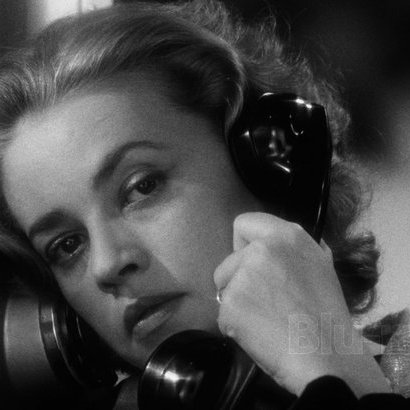

Louis Malle’s Top 10 Films Ranked
1. Au Revoir Les Enfants (1987)
Genre: Coming-of-Age, War, Drama
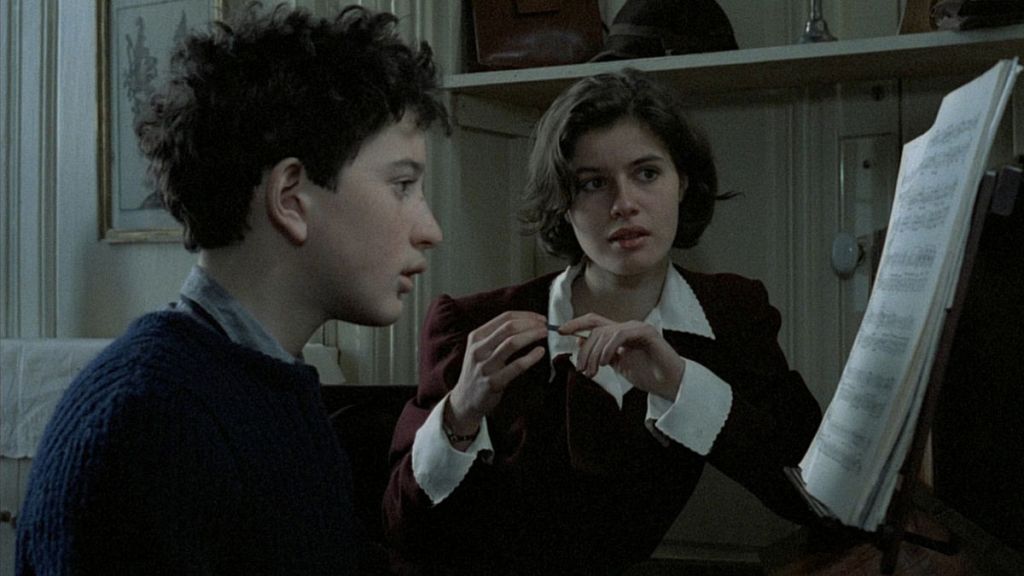
2. The Fire Within (1963)
Genre: Psychological Drama

3. Elevator to the Gallows (1958)
Genre: Polar, Drama

4. Lacombe, Lucien (1974)
Genre: Coming-of-Age, War, Period Drama
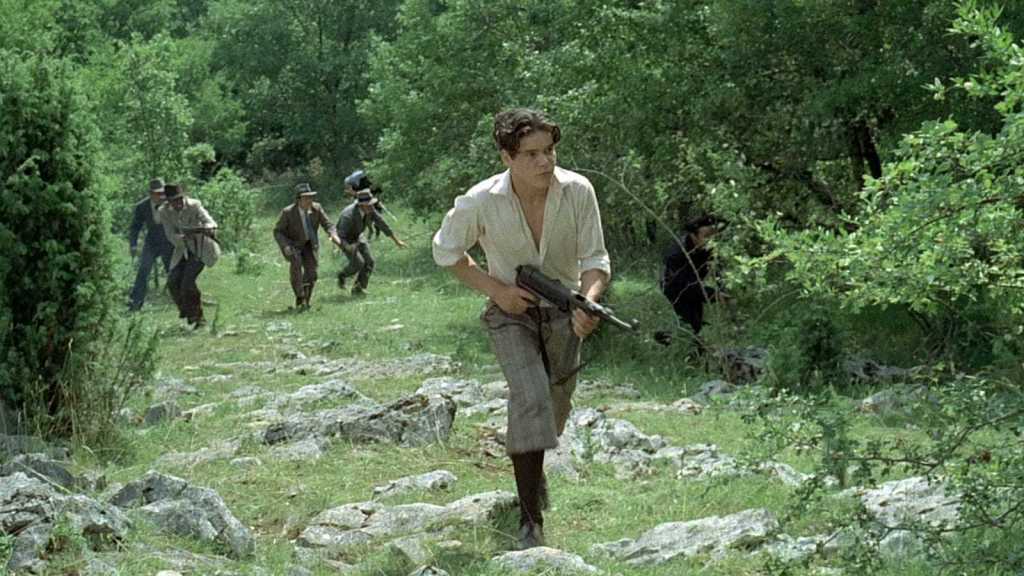
5. My Dinner with Andre (1981)
Genre: Drama, Slice of Life

6. Murmur of the Heart (1971)
Genre: Coming-of-Age, Drama
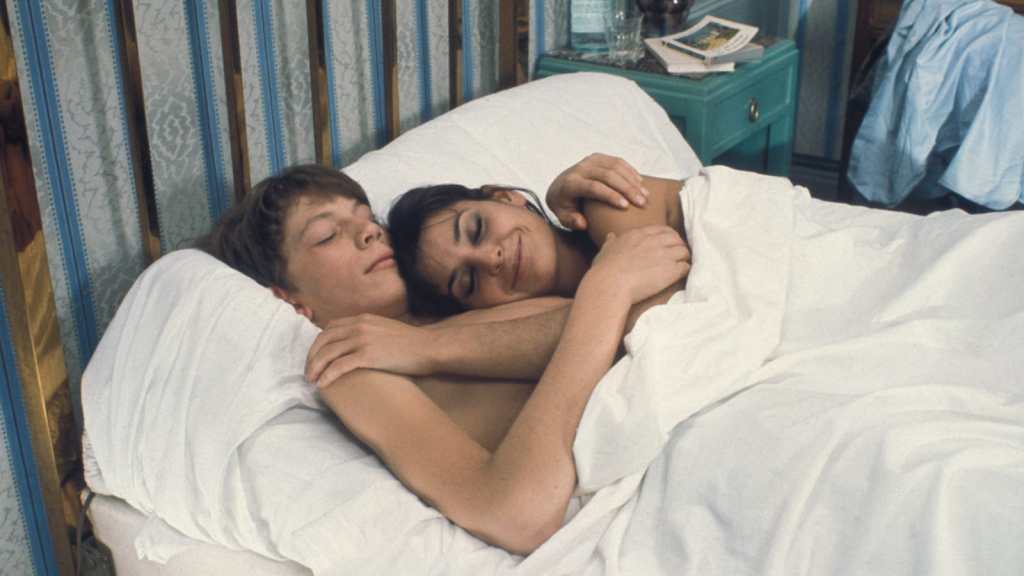
7. Phantom India (1969)
Genre: Documentary

8. Vanya on 42nd Street (1994)
Genre: Drama
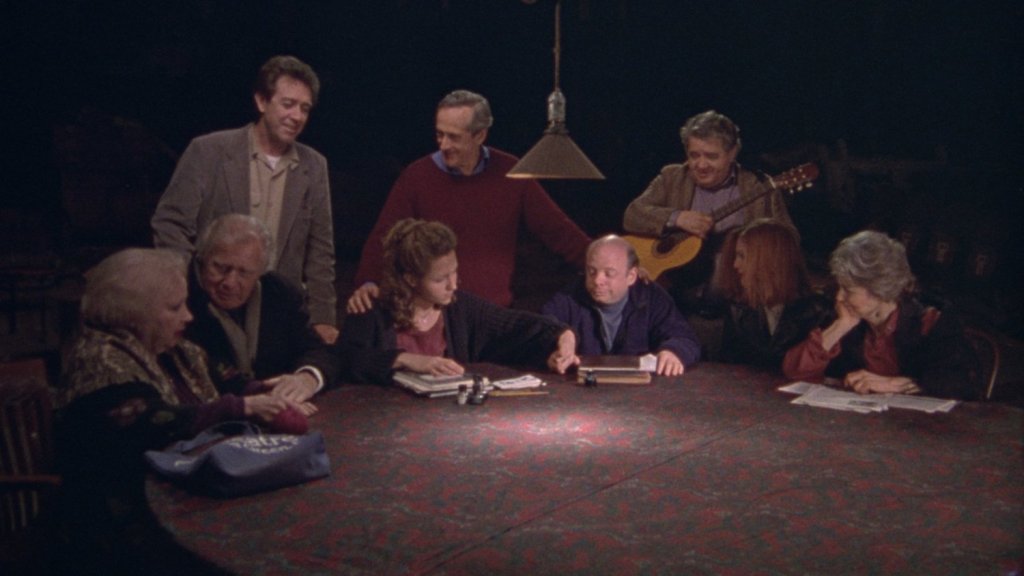
9. Gods Country (1985)
Genre: Documentary

10. Atlantic City (1980)

Louis Malle: Themes and Style
Themes:
- Human Complexity: Malle explored intricate human emotions, desires, and contradictions. His characters are often flawed, making morally ambiguous decisions, mirroring real-life complexities.
- Societal Critique: Many of his films offer a commentary on society, dissecting issues such as class divisions, social norms, and the human condition amidst societal expectations.
- Childhood and Adolescence: Malle frequently focused on the formative years, portraying the innocence, discovery, and sometimes, the loss of innocence experienced during childhood and adolescence (e.g., Au revoir les enfants).
- Sexuality: His films often explore human sexuality in a frank and nonjudgmental manner, delving into the emotional and psychological aspects interconnected with it.
- Historical and Political Context: Malle wasn’t afraid to engage with France’s historical and political backdrop, providing a setting or context that adds depth to the personal stories being told.
Styles:
- Visual Style: Malle was known for his dynamic visual style, seamlessly moving between lavish and austere aesthetics as required by the narrative.
- Narrative Structure: His films often employ non-linear storytelling, fragmented narrative structures, and subjective viewpoints to convey the story more intimately and intricately.
- Genre Blending: Malle’s work is characterised by a blending of genres; he didn’t confine himself to one style or form, traversing through drama, comedy, documentary, and noir.
- Documentary Techniques: Incorporating documentary filmmaking techniques into fictional works, Malle blurred the lines between reality and fiction, lending a sense of authenticity and immediacy to his films.
Directorial Signature:
- Intellectual Depth: Malle’s films are intellectually engaging, prompting viewers to think deeply about the characters and the situations presented, inviting interpretation and reflection.
- Autobiographical Elements: Elements from his own life and experiences often permeate his work, offering a personal and authentic touch to the stories.
- Exploration of Taboos: Unafraid to tackle controversial or taboo subjects, Malle’s films often venture into areas that other filmmakers might shy away from.
- Versatility: Despite the diversity in themes and genres, there’s a consistent sensitivity and understanding of human nature and society in Malle’s work.
- Humanist Perspective: At the core of his films is deep humanism; his characters, even when flawed, are presented with empathy and understanding.
Louis Malle: The 113th Greatest Director




